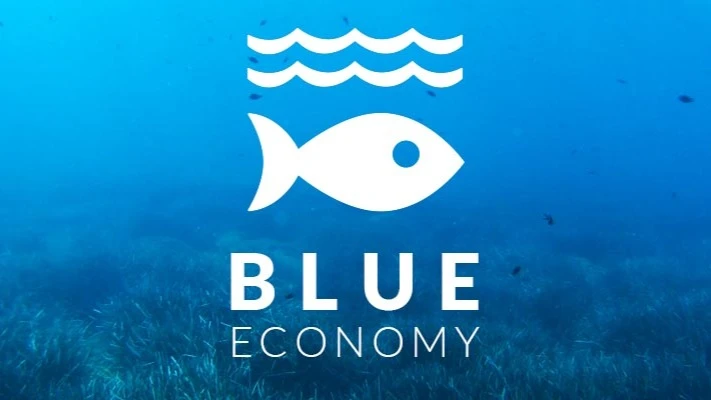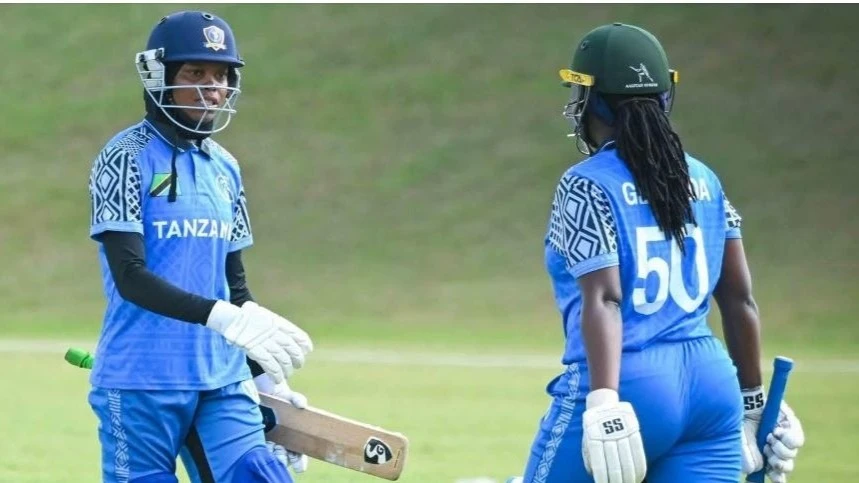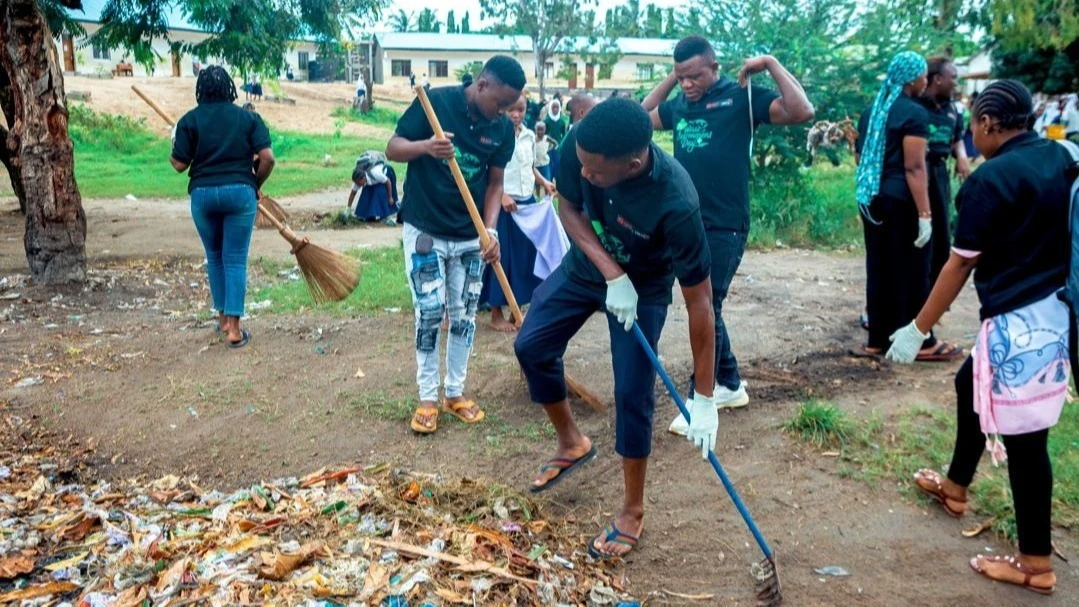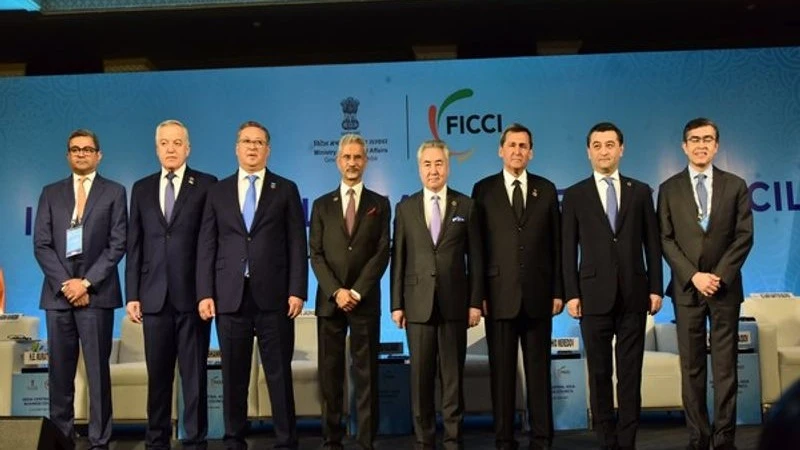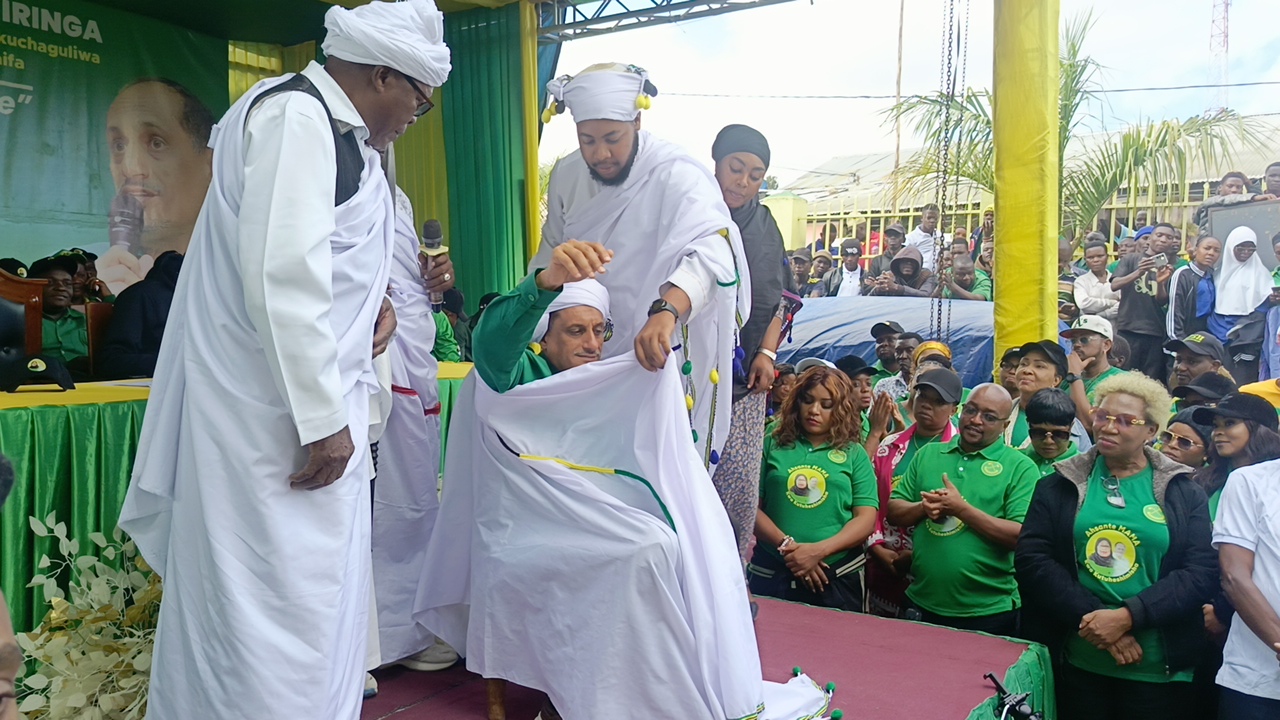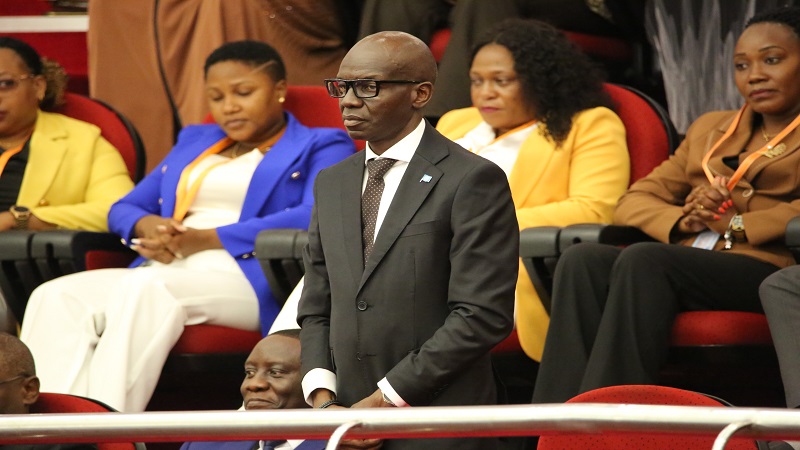Breaking barriers for coastal women, youth self-employed in blue economy
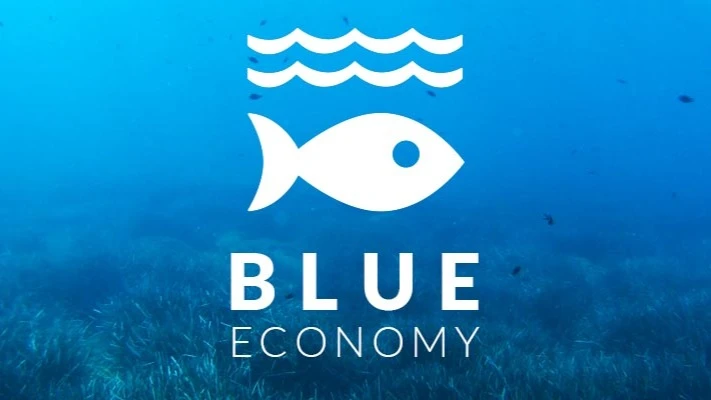
LIMITED access to finance, low financial literacy and regulatory awareness, access to training and technology are cited as among key barriers limiting the participation of women and youth in the blue economy in Pemba and Tanga regions.
In the same vein, skills gaps in business and marine practices, cultural and gender norms, regulatory and policy gaps, and the impacts of Climate Change are other significant barriers to these social groups.
These concerns were raised recently by women and youth who participated in a recent skills gap and barrier assessment conducted by the Women’s Fund Tanzania Trust (WFTT), in collaboration with Mission Inclusion through the ReSea Project, funded by Global Affairs Canada.
The assessment was carried out in six districts: Micheweni, Wete, Chake Chake, and Mkoani in Pemba, as well as Pangani and Mkinga in the Tanga Region.
Additionally, the aim of the assessment was to better understand the challenges faced by these entrepreneurs and help for designing targeted interventions to support inclusive economic empowerment.
Currently Women and youth in Tanzania’s coastal communities play a vital role in the blue economy, engaging in activities such as seaweed farming, sea cucumber cage farming, sardine processing, and crab fattening.
These ocean-based value chains not only provide livelihoods but are also key to climate adaptation and economic diversification in the country.
However, despite their important contributions, women and youth face multiple barriers that limit their participation and growth as entrepreneurs in this promising sector.
With the Government of Tanzania prioritizing investments in the blue economy as a pathway for national development, opportunities are emerging for coastal communities—particularly in the Pemba–Tanga seascape. To ensure that women and young people can fully tap into these opportunities, the ReSea project is working to build their entrepreneurial capacity in nature-based value chains.
As a strategy to effective implementation, the ReSea project conducted a skills gap assessment across six districts of Micheweni, Wete, ChakeChake, and Mkoani in Pemba, and Pangani and Mkinga in Tanga Region.
According to the women and youth who participated in the assessment,one of the most significant barriers they reported was the lack of access to financial resources.
Many entrepreneurs faced challenges in securing loans or capital for their businesses due to limited collateral, limited knowledge about financial access and high-interest rates in financial institutions.
A women from the Seaweed Farmers group in Pemba Island, who chose to remain anonymous, explained: “We went to the bank to apply for a loan, but we ended up disappointed neither —receiving the loan nor an explanation,” she says
They also added that due low financial literacy many entrepreneurs are unfamiliar with financial regulations and policies that could support their business growth.Low literacy levels, particularly among women, further limit their ability to navigate financing systems or apply for available funds.
“We tried to access blue funds through a bank, but we are scared to mention the bank’s name.our plan was to secure a loan to help us boost our business, when we approached the bank,they said loan is provided in a form of facilities, however, our group was not qualified to get the seaweed drying machine as per our plan.Instead, we were forced to have another machine that help us on seaweed oil processing, but it was very difficult to navigate and get clear information, women says in Pemba
Regarding Access to Training and Technology the women narrated that cultural restrictions often prevent young women from traveling alone without being accompanied by a male relative or an older woman.
This limits their ability to participate in opportunities for gaining new skills. Additionally, lack of access to modern equipment, transportation, storage, and digital tools makes it difficult for entrepreneurs to add value to their products or expand to new markets.
“We need support to engage in offshore seaweed value addition, like having facilities to dry out seaweed.”—salama, Micheweni district
They further added that in many coastal communities, deep-rooted gender roles discourage women from taking leadership positions or running businesses in marine sectors. Household responsibilities also reduce the time women can dedicate to entrepreneurship.
Respondents also highlighted that within the sardine processing value chain, there are incidents of sexual corruption, where women are denied access to the sardines unless they offer sexual favors. Since the boats' anchorage is often kept away from the shore, women are unable to go out and retrieve the catch themselves. They must wait on the shore until the catch is brought in.
Complex licensing procedures and a lack of gender-sensitive policies make it harder for women and youth to register businesses, obtain product certifications, or benefit from government support—especially in mainland Tanzania.
Other challenges include lack of technical and entrepreneurial skills in key areas such as marketing, business management, and financial planning. Surprisingly, many women involved in seaweed farming and sardine processing do not know how to swim, making them dependent on men for certain tasks.
Regarding the impact of climate change they revealed that Climate change is also threatening livelihoods in the blue economy. Rising sea temperatures have already affected seaweed farming, resulting in harvest losses and reduced income.
“Early this year, we witnessed a large amount of seaweed being damaged in the ocean due to stunting and weakening caused by the rising sea temperatures. This has led to a loss of harvest that seasonand, as a result, financial losses.".” —highlighted Mariamfrom, Micheweni
The ReSea project is committed to closing these gaps by promoting inclusive, climate-resilient blue entrepreneurship. Through capacity building, tailored training, and advocacy, the initiative seeks to empower women and youth—not only as contributors but as leaders in the blue economy.
Top Headlines
© 2025 IPPMEDIA.COM. ALL RIGHTS RESERVED











